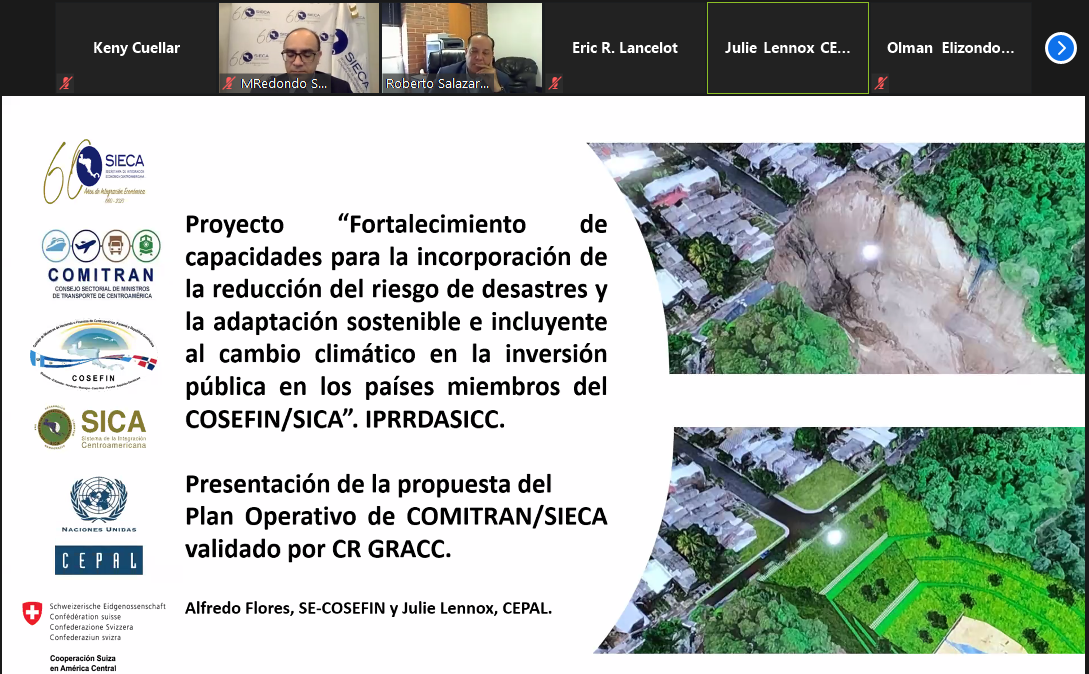The impacts of COVID-19 and the climate emergency reveal the need for sustainable public investment in Central America
Work area(s)

The region’s sustainable recovery facing the health crisis caused by Covid-19 and extreme events such as hurricanes and tropical storms intensified by climate change, was one of the main topics addressed at the fourth meeting of the Regional Technical Committee of the Council of Finance Ministers of Central America, Panama, and the Dominican Republic (Spanish acronym: SE-COSEFIN), held virtually on June 29 and June 30.
The meeting took place as part of the project “Disaster Risk Reduction and Sustainable and Inclusive Adaptation to Climate Change in Public Investment” (Spanish acronym: RIDASICC), whose objective is to incorporate these critical variables into the life cycle of the public investment projects in COSEFIN countries. This initiative is managed by the Economic Commission for Latin America and the Caribbean (ECLAC) and the Executive Secretariat of COSEFIN, with financing from the Swiss Cooperation in Central America (COSUDE).
It is expected that national and regional technicians (through training, methodological guides, geographic information platforms and toolboxes), can strengthen their capacities to protect public investments ensuring the continuity of services to the population and thereby improving the population’s wellbeing, as well as contributing to the reduction of poverty in Central America.
Julie Lennox, Head of the Agricultural Development Unit and Focal Point for Climate Change at the Subregional Headquarters of ECLAC in Mexico, said that the Regional Technical Committee is key to analyze the progress and address the project’s challenge. RIDASICC includes among its partners delegates from seven Ministries of Finance and three Ministries of Planning of COSEFIN countries that coordinate the National Public Investment Systems. “They are a nexus between national and regional actions of the RIDASICC project, and partners who have worked both in the design and in the management of this initiative,” commented.
The Executive Secretary of COSEFIN, Alfredo Ibrahim Flores, highlighted the role of public finances in Central America’s development, considering that the region had to face the pandemic’s economic crisis accentuated by the impacts of hurricanes Eta and Iota in 2020. “Public finance is a transversal sector in the economy, so an impact on any other productive sector directly affects its performance. That’s why it is necessary to strengthen the capacities of the officials of the Finance Ministries to ensure that disaster risk reduction and sustainable and inclusive adaptation to climate change are included in the life cycle of public investment projects, conserving and improving the services offered to the population of the COSEFIN / SICA countries”, stated.
Isaac Castro Esquivel, Vice Minister of Expenditures of the Ministry of Finance of Costa Rica, indicated that “it is becoming relevant in our region, affected by hurricanes in one of the worst health crises, that the Ministries of Finance can strengthen the management of the fiscal risks derived from disasters, in order to reduce the effects on the path of economic growth, on budgetary reallocations, and on imbalances in the internal financial markets and on our solvency or ability to pay the debt ”. Vice Minister Castro added that "this is a collective work, so it is very gratifying that the Central American countries have advanced in a set of national and regional tools to manage these risks.
The fourth meeting of the Regional Technical Committee reviewed the countries’ progress on the implementation of the RIDASICC project’s components, such as the creation of geographic information systems platforms, and guides and training that will benefit officials and public sector officials in the incorporation of disaster risk reduction and sustainable and inclusive adaptation to climate change in public investment projects.
Related content

Se aprueba Plan Operativo con SIECA/COMITRAN para Incorporación de la Reducción del Riesgo de Desastres y la Adaptación Sostenible e Incluyente al Cambio Climático en proyectos de infraestructura vial
El 19 de mayo de 2021, durante la XLVII Reunión Ordinaria del Consejo Sectorial de Ministros de Transporte de Centroamérica (COMITRAN), los seis ministros miembros del COMITRAN aprobaron el Plan…

